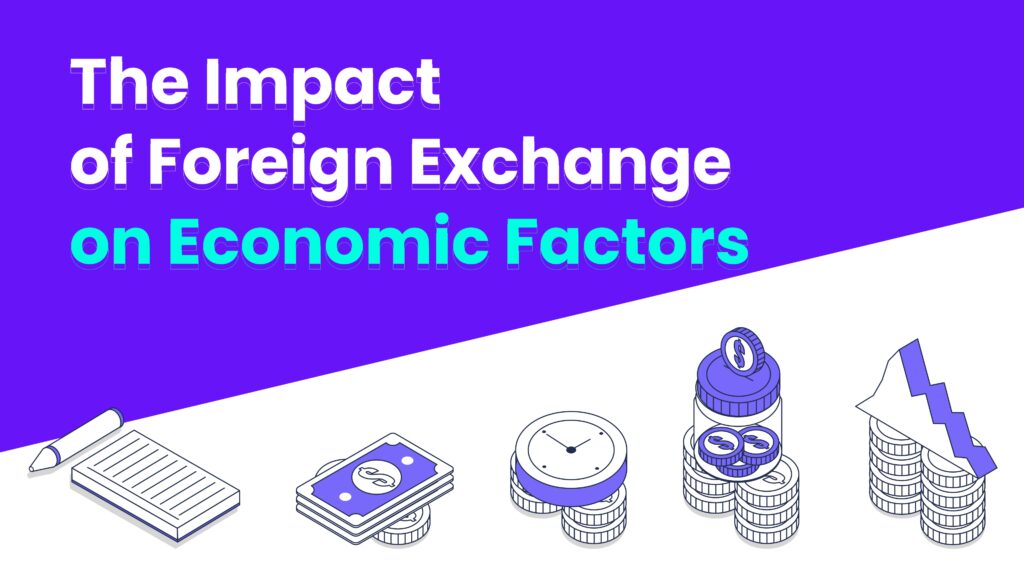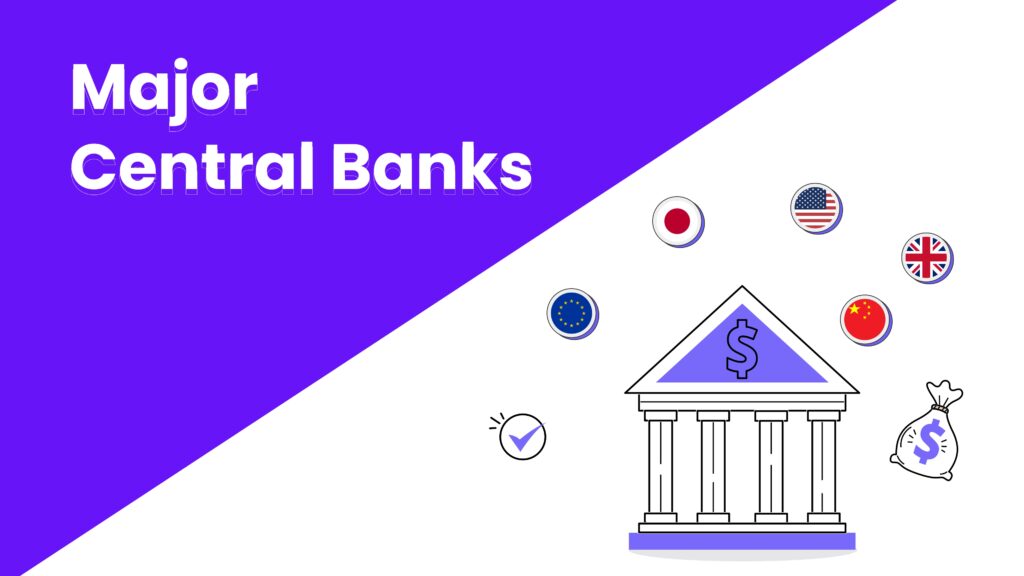

Lesson 2: Basic Economics Knowledge
Summary
The Importance of Understanding Forex in Economics
- Global Economic Insight: It offers a window into the health of economies worldwide.
- Investment Strategies: Knowledge of Forex can inform investment decisions and risk management in international markets.
- Policy Implications: Understanding Forex is crucial for grasping the impact of government and central bank policies on global trade and finance.

In-Depth Exploration of Economic Factors Influencing Forex
1. Inflation
Inflation, a measure of the rate at which the general level of prices for goods and services is rising, plays a pivotal role in the foreign exchange market. The relative difference in inflation rates between two countries can significantly impact their exchange rates. Here’s how:
– Purchasing Power Parity (PPP): This economic theory suggests that currencies will adjust in value to equate the purchasing power in different countries. If a country has a higher inflation rate than another, its currency’s value is likely to depreciate compared to the lower-inflation country’s currency.
– Example: Consider two countries, A and B. If Country A has an inflation rate of 2% and Country B has an inflation rate of 5%, over time, Country A’s currency will likely appreciate against Country B’s currency. This is because goods and services in Country B become relatively more expensive than in Country A.
2. The Role of Interest Rates
Interest rates set by central banks are among the most influential factors for Forex. Higher interest rates offer investors higher returns on investments in that currency, thus increasing demand and value for the currency.
For example, if the Federal Reserve (the central bank of the United States) raises interest rates, it might lead to an appreciation of the USD as investors find USD-denominated assets more attractive. Similarly, if the European Central Bank lowers interest rates, the Euro might depreciate as investors seek better returns in other currencies.
3. Economic Indicators and Their Relevance
Various economic reports, such as GDP growth, unemployment rates, trade balances, and manufacturing data, play a significant role in currency valuation. These indicators reflect the economic health and prospects of a nation, influencing investor confidence in a currency.
4. Political Stability and Economic Performance
Political stability is a key driver of economic confidence. Countries with stable governments and sound fiscal policies are more likely to attract foreign investment, strengthening their currency. A good example would be Brexit. In June 2016, the United Kingdom voted to leave the European Union, and this decision was unexpected and led to significant political and economic uncertainty.
Following the referendum, the GBP experienced a sharp decline against major currencies like the USD and the Euro. This was due to concerns about the UK’s future economic prospects, trade relationships, and political stability.

Major Central Banks: Roles and Policies
1. Federal Reserve (USA) – The Fed
- Mandate: The Federal Reserve’s primary objectives are to manage inflation and encourage employment, which it achieves through monetary policy.
- Policy Tools: The Fed uses tools like adjusting the federal funds rate and open market operations to influence liquidity and interest rates.
- Impact on Forex: Decisions by the Fed often have a global impact, particularly on the USD. Lower interest rates typically lead to a weaker USD, while higher rates can strengthen it.
2. European Central Bank (ECB)
- Mandate: The ECB’s main goal is to maintain price stability within the Eurozone, targeting an inflation rate below, but close to, 2%.
- Policy Tools: The ECB uses interest rate adjustments and quantitative easing to manage inflation and stimulate economic growth.
- Impact on Forex: ECB policies significantly affect the Euro. Expansionary policies (like lowering interest rates) can lead to a weaker Euro, whereas contractionary policies might strengthen it.
3. Bank of Japan (BOJ)
- Mandate: The BOJ aims to achieve price stability and contribute to the stability of the financial system.
- Policy Tools: It employs negative interest rates and quantitative easing, often buying government bonds and other assets to inject money into the economy.
- Impact on Forex: BOJ’s unconventional policies, such as negative interest rates, have a significant impact on the Yen.
4. Bank of England (BoE)
- Mandate: The BoE aims to ensure monetary stability and, by extension, financial stability in the UK.
- Policy Tools: The BoE sets the key interest rate and uses quantitative easing to control inflation and stabilize the GBP.
- Impact on Forex: BoE’s decisions directly influence the value of the GBP, such as the post-Brexit economic scenario.
5. People’s Bank of China (PBoC)
- Mandate: The PBoC focuses on maintaining the stability of the Chinese currency and financial system and promoting economic growth.
- Policy Tools: The PBoC employs a variety of tools, including interest rate changes, reserve requirement ratios, and direct intervention in the currency markets.
- Impact on Forex: The PBoC’s approach to managing the Renminbi is unique due to China’s managed exchange rate system.


